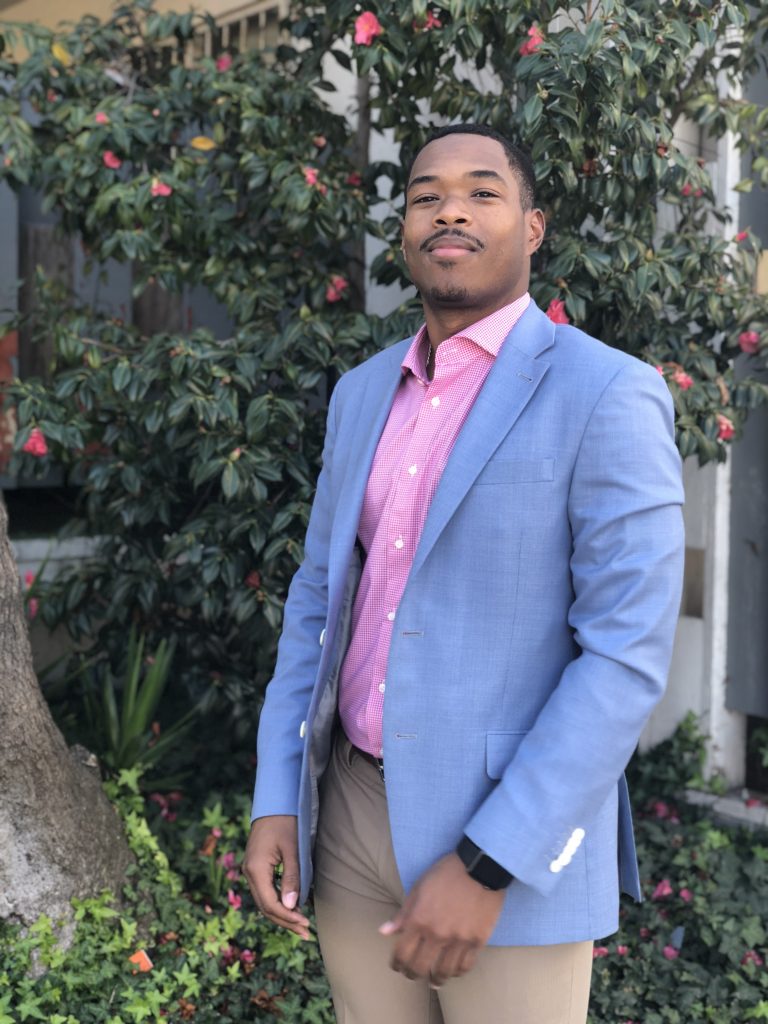
Xiaotong Zhou
Staff Writer
The University of California’s National Center for Free Speech and Civic Engagement announced its inaugural class of 10 fellows earlier this month. This class is responsible for helping educational institutions and communities better understand, guarantee, and facilitate free speech, according to the University of California’s official website.
The National Center for Free Speech and Civic Engagement is “housed at the Washington, D.C. location of the University of California,” but administrative oversight comes from UC Irvine.
The fellows will spend a year researching timely, vital First Amendment issues, according to a press release from Tom Vasich, Media Relations and Publications Director from UC Irvine. The fellows will spend a week in residence at each UC campus.
As one of the first fellows, Justin McClinton, a Ph.D candidate in education policy and leadership studies at UCSB, will “develop a toolkit that helps university administrators prepare incoming students for challenging ideas and civil engagement.”
One of the experiences that inspired McClinton to pursue the project was when he taught a section of young women from China. These women chose free speech as their paper topic for an assignment.
“I was shocked to see an international student from China interested in the debate around free speech that has gripped American college campuses,” McClinton said. “As a student from a country with what many perceive as having a government that suppresses certain forms of speech and expression, her perspective is valuable to the ongoing conversation.”
McClinton continued, “while I haven’t seen empirical evidence that has shown a shift in the American perspective on the first amendment within the last five years, it is clear to me that social media and other digital media platforms have brought the debate around free speech to the forefront of public discourse.”
Experts studying the discourse around free speech say that young adults are more likely than adults 50 and over to support the right to say “sexually explicit statements” in public or release sensitive information about national security. However, in a 2015 Pew Research Center report, non-white Americans of all ages were less likely to support people giving statements that offend minority groups in public.
“Students should understand current political dynamics from a perspective that allows them to humanize those with viewpoints that might differ from their own,” McClinton said. “The toolkit of disinterested inquiry and the role it plays in empiricism can influence greater participation from undergraduates in scientific research as well. Students equipped with the ability to understand the issues of our day from multiples perspectives are better prepared to lead us into a better future.”
The first step is to “gather as much information as possible and take stock of the landscape of the history of free speech on campuses and in the larger society both past and present,” McClinton said.
The next steps of McClinton’s project “will be to provide avenues for students from various backgrounds to enter into the conversation” and “engage administrators around the topic, as they should be provided with every opportunity to present free speech on their respective campuses in the manner that they see fit,” McClinton said.
McClinton said that it is important to understand the perspectives of alt-right and traditional right-wing groups and their perspectives on free speech “because of the perception that their views are not welcome on campus.”
“Students, professors, and administrators often belong to them and they represent integral participants in the free market of ideas,” McClinton said.
















